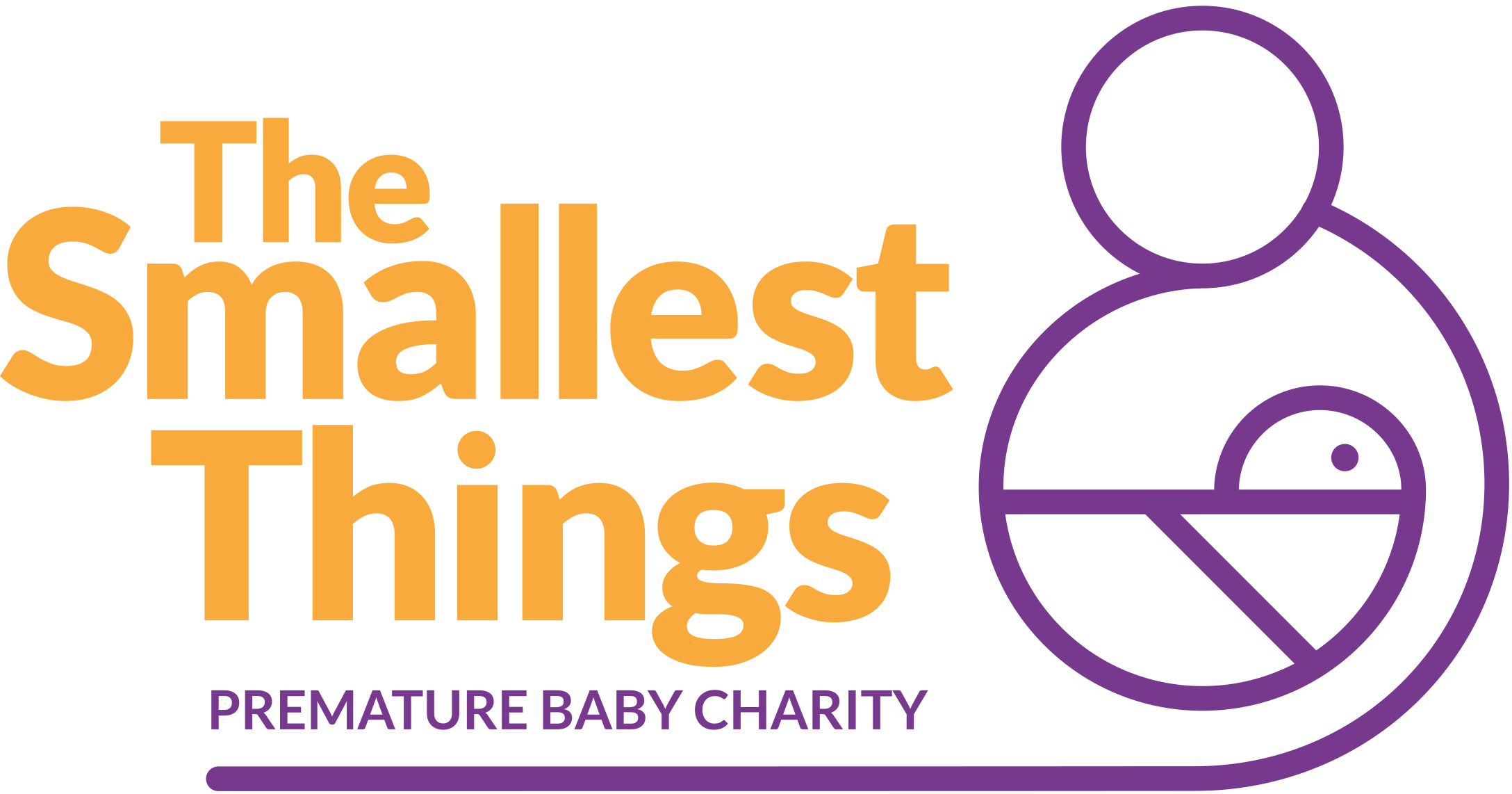Released on World Prematurity Day, The Smallest Things latest report reveals shocking statistics about the long-lasting impact of having a premature baby and life after neonatal care.
The Smallest Things Life After Neonatal Care Report 2021 shares the findings of a survey of more than 500 parents whose babies have been born since 2017 (the year of our last After NICU Report), both before and during the Covid-19 pandemic.
It includes parents’ personal experiences and addresses the complex and problematic issues families can face following premature birth. Exploring parental mental health, family life, ongoing medical needs, special educational needs and the impact of the Covid-19 pandemic, the results show that parents struggle to access support and understanding during their ongoing and often difficult journey after having a premature baby.
84% of parents feel more awareness of longer term needs of children born prematurely is needed
Summary of findings:
Parental mental health
77% of parents reported that they have experienced anxiety following discharge from neonatal care
24% of parents who responded have been diagnosed with Post Traumatic Stress Disorder following discharge from neonatal care
70% of parents reported feelings of guilt following premature birth
49% of parents reported feeling isolated following neonatal care
29% felt that their health visitor understood theirs or their baby’s needs
Ongoing medical needs
49% of children have ongoing medical difficulties after leaving neonatal care
Over half of parents reported that their children were readmitted to hospital following discharge from neonatal care
18% agreed with the statement ‘My GP understood mine and my baby/babies’ needs’
“Reflecting on our neonatal journey, I still get emotional thinking about it and worry about my baby’s development, both physically and emotionally, and how being premature may affect her; when she starts school/later in life. Have I done enough to ensure she has had the best start in life?”
Family life
Over half of parents struggled to keep up with social friendships following neonatal care
21% of parents felt that family and friends understood their journey through neonatal care
48% of parents reported that having a baby born prematurely affected their financial circumstances
Special educational needs
32% of parents did not feel they had a good understanding of the developmental and/or learning needs a child born prematurely may have
43% of parents with children who attend a childcare or nursery setting felt that staff don’t understand the learning or development needs of children born prematurely
“My 27-weeker is three now and I really feel that nobody gets the ongoing health issue that ex premature babies have. Her age was adjusted to corrected age when she turned two, but she is still not on a par physically or mentally to a child that was born at term. I am so, so nervous about sending her to playschool in September.”
Before and during the Covid-19 pandemic
24% of parents of babies born prematurely between March 2017 and May 2021 reported a diagnosis of Post Traumatic Stress Disorder compared to 10% in The Smallest Things survey 2017
77% of parents of babies born prematurely between March 2017 and May 2021 reported experiencing anxiety following discharge from neonatal care compared to 63% in The Smallest Things survey 2017
Conclusions
Every year, tens of thousands of babies are born prematurely in the UK and families face the agonising journey of uncertainty and trauma through neonatal intensive care. But parents tell us all the time that their journey does not end when they leave the neonatal unit and we know that the needs of parents and children born prematurely last long after leaving hospital.
Our latest report demonstrates again the complex and wide ranging needs of families and children after premature birth and most importantly gives a voice to parents.
Recommendations
Neonatal Leave and Neonatal Pay to be brought forward by the Government from the proposed implementation date of 2023
Pathways to be established between all hospital and community health visiting services as standard best practice, ensuring smooth transition from hospital to home and supporting families in the weeks and months that follow neonatal care
Training in the specific needs of premature babies and their parents to be easily accessible for GPs and health visitors and for all health visiting teams and GP practices to have a named and trained neonatal lead
All NICU parents have access to timely and tailored psychological support, addressing the often complex mental health needs following discharge from neonatal care
The Smallest Things Red Book stickers, or similar, to be available for parents in neonatal units ready for them to us as a visual reminder to community staff when they leave hospital
All schools and teachers to become Prem Aware, supporting the learning needs of pupils born prematurely Parents are encouraged to inform early years and school staff of their child’s premature birth. In addition, parents themselves should have increased access to information on understanding the potential impact of premature birth on learning and development.
The Smallest Things aims for all schools in the UK to achieve Prem Aware status by 2030
You can download and read the full Life After Neonatal Care: A post pandemic survey report 2021 here.
Join the conversation at #AfterNICU


